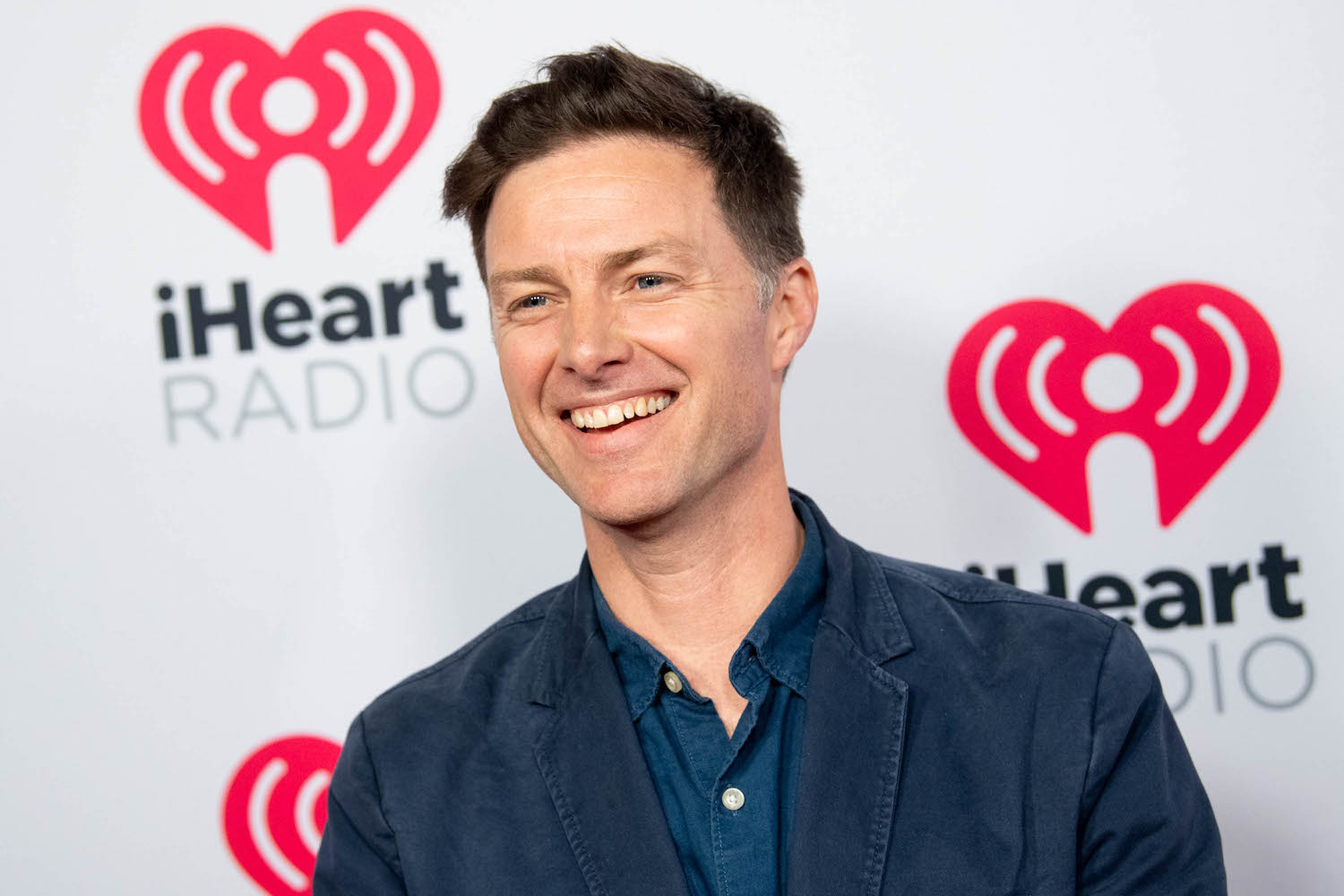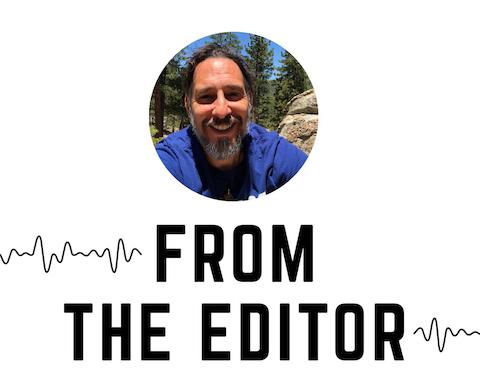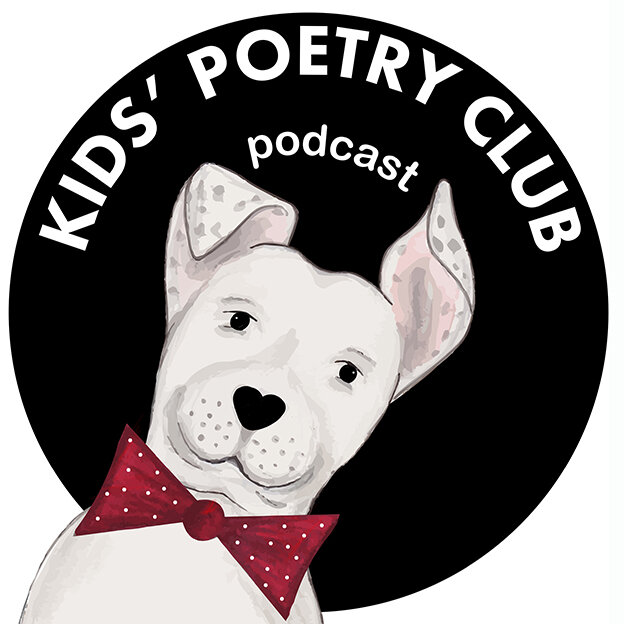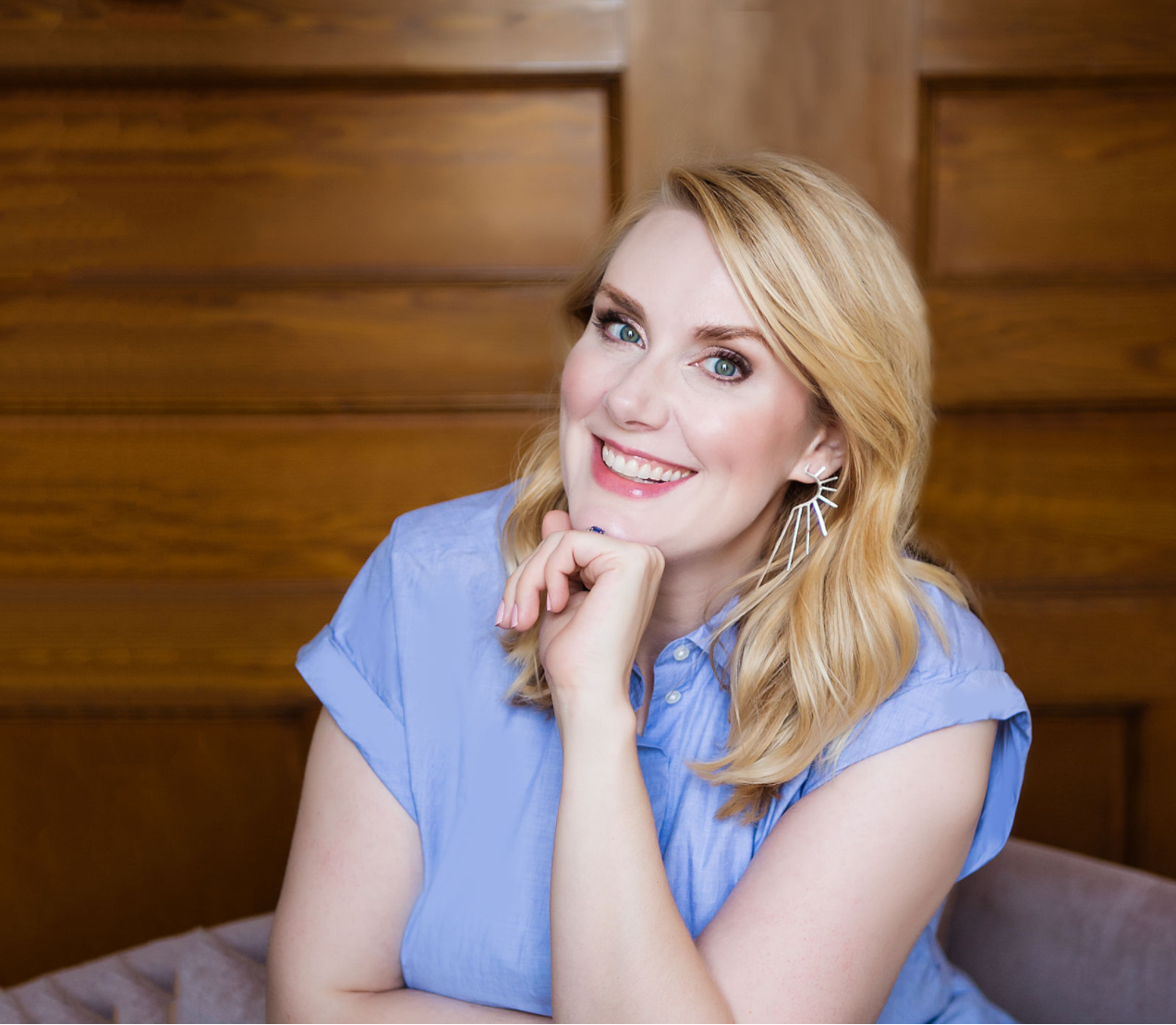At its core, iHeart Media “is a broadcast radio business with massive reach,” said Conal Byrne, CEO of the iHeart Digital Audio Group.
That reach garners the attention of nine out of 10 American adults each month across 850+ radio stations and an extensive array of podcasts.
As CEO of the Digital Audio Group, Conal oversees the network of nearly 1,000 shows, which amass more than 250 million downloads per month. His responsibilities include managing a diverse team of more than 50 podcast producers and myriad other team members located throughout Atlanta, New York, and Los Angeles.
An innovator by nature, Conal was CEO of the podcast network Stuff Media when he launched the HowStuffWorks (HSW) podcast 10 years ago. Several years later, the company was acquired by iHeart, thereby laying the steppingstones that have led to his current role.
Conal grew up in Berkeley, CA pre-Silicon Valley, when podcasting and digital media were virtually non-existent. Unsure of the professional direction he’d pursue, he decided to “hedge my bets and study everything until I find my place.” He opted for pre-med and liberal arts in undergrad, intent on staying open to the possibilities and effectively bridging the gap between the two areas of study.
He earned two degrees, graduating first from Georgetown University magna cum laude with a Bachelor of Arts in English, and then summa cum laude from Columbia University in New York City with a master’s degree in literature.
His experience with traditional education shifted his perspective on its system, and now, he shares the following life advice with his own kids, ages seven, nine, 14, and 16:
“You will work in a job that is in a medium that is not invented yet. Period. To prepare for a job like that, it’s most important to be just a little more open than the next guy. That’s it. Then, watch for the moments in your life and career when a window opens up to reveal a whole new path. On that new path, another door may very well appear, revealing yet another whole new path… and that cycle can continue until you land exactly where you’re meant to.”
After college, Conal served as senior vice president of digital media for Discovery Communications, where he ran digital for all of Discovery’s networks in the U.S. and led the launch of Discovery VR before his work at Stuff Media and subsequent transition into iHeart.
In 2021, iHeart Media’s President, Chief Operating Officer, and Chief Financial Officer Chairman Rich Bressler and Chairman and Chief Executive Officer Bob Pittman decided to create three operating segments within iHeart Media to allow them to talk more openly to analysts and investors on Wall Street: a central services segment; the multi-platform group, which is in large part a broadcast radio segment that remains “the thrust of the company and most of the revenue”; and the digital audio group, of which they named Conal CEO. His work was cut out for him, as “Podcasting has overruled 100% growth quarter over quarter—signifying insanely strong, consistent, and sustainable growth,” Conal explained.
The digital audio group encompasses more than just podcasting—it also includes the iHeart radio app, with its own significant user base “that is able to deliver live radio streaming, on-demand music, streaming, and podcasting at that kind of a scale,” said Conal. “There’s no other app I know of that does it. And then you have this huge extension across a thousand websites… a thousand social accounts running our hundreds of radio stations—digital personalities, if you will, all across the country. All this allowed us to come out of 2021 really strong, and that’s where we stand today.”
Defining podcasting as “spoken word or talk content on demand,” Conal feels a responsibility to ensure the shaping of the medium that has already occurred in its first 10-15 years “hardens, so it’s set up for the next hundred years in the best way possible.
“Podcasting is constantly broadening the scope of what it can encompass,” he said, “and I think you’ll see it really spread its wings wider and wider across the next five to 10 years.”
Compelling data—i.e., 120 million Americans listen to podcasts every month—suggests this will be the case, but Conal points to the numbers behind the numbers as even more impressive:
“Think of the number of podcasts out there that haven’t even been found yet. So many of us get our content from the ‘regular’ places, like the internet, Facebook, YouTube, and Google. These platforms have the job of surfacing the best content possible for the search conducted. That is literally what Google search is meant to do, and it does an incredible job of it… better than any search engine in the world.
“But those very places have been largely missing from the podcast industry. And that’s going to start to change—we’ve already started seeing it with Facebook as they lean into podcasts and RSS feeds that allow creators to pull their feed onto their profile. Now, people can listen to that show on Facebook itself. And about three years ago, Google search began making it very publicly known that they were turning their sights toward podcasts, too.
“The whole point here is that this medium has hit those mass-reach audience numbers without the help of the usual sources of content, and that’s extraordinary. Clearly, it’s doing something right in its own volition, to drive that kind of audience. We’re really just getting started.”
One area Conal would like to see improve within the space is one close to every podcaster’s heart: discoverability.
“But we shouldn’t lose sight of the fact that this is truly the best problem to have in any medium. Podcasting hit its ‘peak content’ issue very quickly. The adage, ‘There’s fast, cheap, and good—pick two’ doesn’t apply to podcasting. You don’t have to pick. The barrier to entry is so low that the medium quickly accelerated the quality and quantity of the content. And millions of podcasts are launching every year. So, here we are with ‘peak content’ in podcasting, and the discovery and recommendation engines have to catch up again. The methods of distribution and discovery for podcasting didn’t evolve as fast as the number of podcasts getting launched.
“Yes, it is a challenge. The methods of discovery are our bottleneck. It’s the homepages of apps and/or the marketing platforms for places like, quite frankly, iHeart. And we do have an unfair advantage. We can put any podcast on your radar, and we can make it hard in the best way—meaning, we can make it hard to live in the United States and not know about a podcast that just launched that we want you to know about. If we choose to aim all our marketing toward someone, whether that’s Will Ferrell for The Ron Burgundy Show or an entirely new voice, it’s absolutely a powerful tool to deploy.”
Conal was quick to acknowledge the progress that is being made, as well. Take, for example, the seismic shifts that have occurred in Google search. Search for anything, he says, and append that search with the word “podcast”—you’ll now see a podcast “module” surface with podcast content around the topic.
“While it may seem like a small step,” Conal added, “the reality is that the biggest search engine platform in the world has begun turning its sights toward the podcasting medium. This means podcast discovery is on their roadmap, and that’s one of the ways we solve the problem.”
Another issue Conal addressed is that of the “false choice” challenging the podcast ecosystem today, in which creators face either cashing out and taking a big advance with a minimum guarantee—thereby going behind a paywall or subscription platform and decimating their audience—or attempting to build a business and partner with a company focused on the long-term… like iHeart Media.
“This choice has driven the podcast industry to binary extremes, which I don’t think is healthy for the medium. Right now, there are so many great creators—some of the best storytellers and conversationalists to have ever walked the face of Earth. And they’re cashing out and going behind paywalls, which is going to hurt, if not destroy, their brands. It hurts the industry, as well, because we are a billion-dollar industry, and every move matters. It creates bumps in the road, because incredible creators are getting behind a model that doesn’t really work. There’s no scale behind a paywall to advertise. It doesn’t even seem to work on the platforms that do it. It doesn’t actually drive subscribers, at least in the data we’ve seen so far.”
While Conal looks forward to what the future of the medium brings to mitigate these types of issues inherent to the space, he is even more excited about the innovation heading our way:
“About a year and a half ago, we went through a ‘moment.’ COVID hit, and it was certainly challenging to quickly move 500 to 1,000 shows to remote production and keep people motivated, connected, and creative. Yet we saw our talent eager to try the new direction, and ultimately, it was phenomenally effective. Practically speaking, the workday extends by about an hour on either side, and there’s very little commute time competing with meetings and deal-making. So, despite the challenges, we’re now firing on even more cylinders than I think we were previously, and I can’t wait to see how that affects 2022.
“I consider that a silver lining of a really rough time… along with the fact that we seem to have a new, collective sort of intentionality around how we all spend our time and live our lives that I believe we’ll carry with us well past COVID.”
“We will reinvent yet again how people think of, consume, and share audio,” Conal said. “Because it’s now everywhere, right? Smart speakers are in every room of my house. This technology has redefined my own life, so we’re going to capitalize on these trends and be innovative about it, rolling out new products that leverage this advancement.
“So, buckle up! Change is coming. If you think the last 15 years have been interesting, just wait for the next 10… they’re going to blow that away as we go from over a hundred-million Americans listening to podcasts every month to 200 million, which will be reality in the blink of an eye. It’s going to be so exciting.”
Conal lives in Atlanta with his wife and kids. In his free time, he writes and records music, supports up-and-coming indie film directors, and tries to keep up with his children.
He says he lives a blessed life, sharing how he has to “pinch himself” around the opportunity to work under “legends” like Bob and Rich, knowing he has their full support.
“It’s very dependable, consistent, reliable, and sustainable, and that sort of ‘get your cake and eat it, too’ opportunity is very rare. There’s really not a day that goes by that I don’t wake up and feel incredibly grateful.”
January 2022













